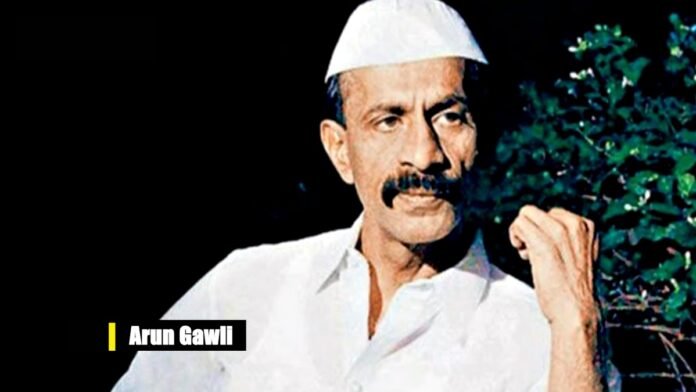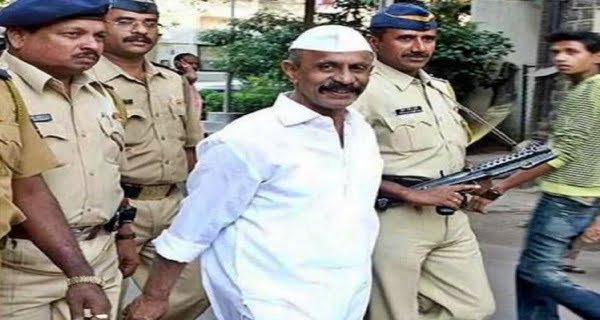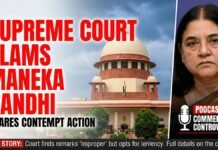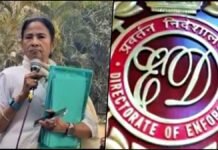
Mumbai:: In a significant turn of events, the Supreme Court has stayed the Bombay High Court’s June 4 decision that permitted the premature release of notorious gangster-turned-politician Arun Gawli. Currently serving a life sentence for the 2007 murder of Mumbai Shiv Sena councilor Kamlakar Jamsandekar, Gawli’s release was initially approved under the premature release policy by the Bombay High Court.
Supreme Court Intervention
On Monday, a vacation bench comprising Justices Arvind Kumar and Sandeep Mehta suspended the High Court’s directive, responding to a plea from the Maharashtra government. Senior advocates Raja Thackeray and Aditya A. Pandey, representing the state, emphasized Gawli’s status as a “hardened criminal” who ventured into politics. The state highlighted Gawli’s conviction under the Maharashtra Control of Organized Crime Act (MCOCA) and another pending MCOCA case nearing conclusion.
Background of the Murder Case
Arun Gawli was convicted for orchestrating the murder of Kamlakar Jamsandekar, a prominent Shiv Sena councilor, under MCOCA in 2007. In August 2012, he received a life sentence and was fined Rs 18 lakh. This conviction made him ineligible for premature release under the state’s stringent policies against organized crime.
Controversy Over Release Policy
The Maharashtra government argued that the High Court misinterpreted the premature release policy by allowing Gawli’s plea. According to the 2015 guidelines, individuals convicted under MCOCA, along with liquor smugglers, drug offenders, and those charged under severe acts like the Prevention of Dangerous Activities of Dangerous Persons Act (MPDA) and TADA, are explicitly prohibited from premature release.
Gawli’s Ineligibility for Release
Despite turning 65 in July 2018, Gawli’s conviction under MCOCA rendered him ineligible for release under the revised 2015 policy. The state government contended that the High Court exceeded its jurisdiction by approving Gawli’s plea, as Section 432 of the Code of Criminal Procedure grants the power to suspend or remit sentences solely to the “appropriate government,” not the judiciary.

Legal Implications
The Supreme Court’s stay on the Bombay High Court’s order underscores the complexity and sensitivity of premature release policies concerning convicted criminals under organized crime laws. This case highlights the ongoing challenges faced by the judiciary and state authorities in balancing legal interpretations and public safety concerns.
Arun Gawli remains incarcerated as the legal battle continues, with the Supreme Court’s intervention emphasizing the rigorous scrutiny applied to cases involving high-profile convicts and organized crime.















































